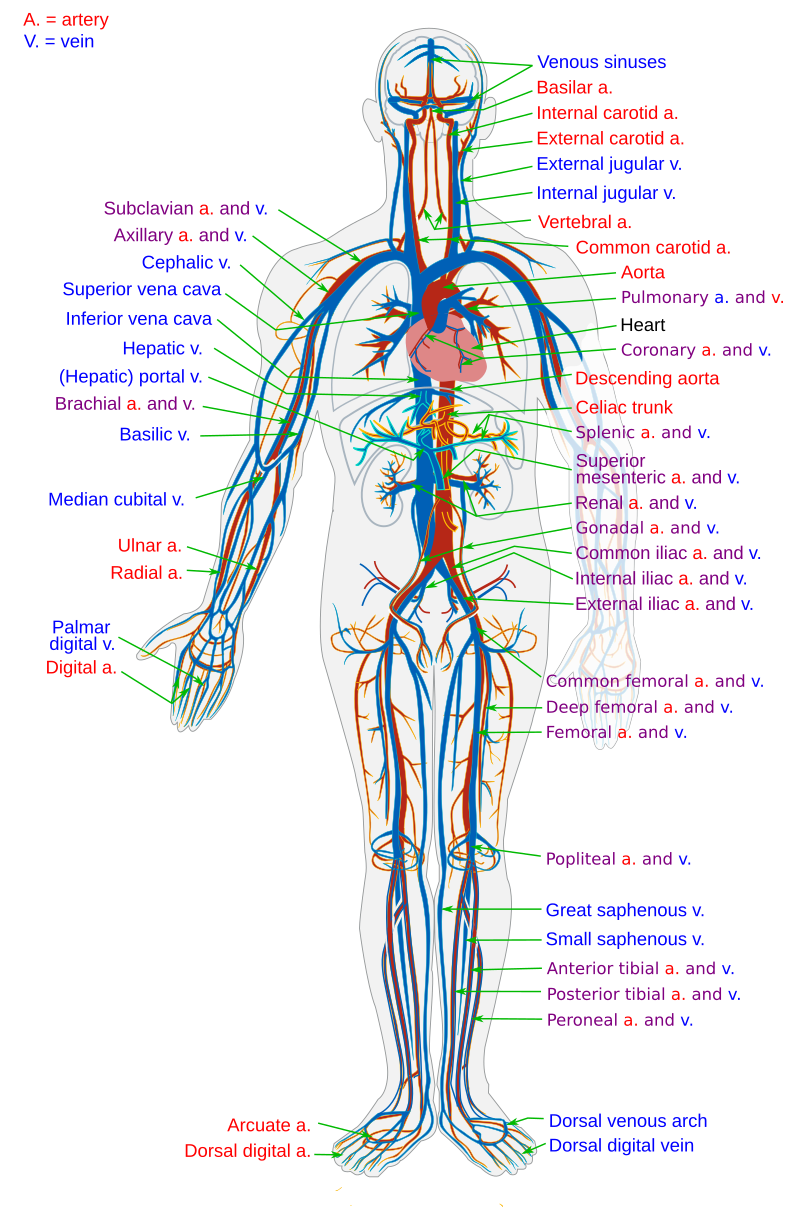UK Reduces Funding for Gavi, Raising Concerns Over Global Vaccination Efforts

In a significant policy shift, the United Kingdom has announced a 25% reduction in its funding commitment to the Global Alliance for Vaccines and Immunisation (Gavi), a move that experts warn could lead to preventable deaths among children in developing countries. The UK's five-year pledge of £1.25 billion, while appearing substantial, represents a 40% cut in real terms when adjusted for inflation, compared to the previous funding level of £1.65 billion allocated for 2021-2025.
The Foreign Office described this funding as a crucial contribution to Gavi’s initiatives and a demonstration of the UK's commitment to vaccine development. However, many public health experts and aid organizations have voiced their concerns regarding the implications of this reduction. Dr. Sandy Douglas, a senior vaccinologist at the University of Oxford’s Jenner Institute, expressed disappointment, stating, “Many thousands of children who could have lived will instead die. It’s hugely disappointing to see the UK government backsliding rather than driving progress on global poverty.”
Gavi has played a pivotal role in vaccinating over one billion children globally and preventing millions of deaths. According to a statement from the One Campaign, the new funding will still immunize approximately 72 million children and avert around 1.1 million deaths; however, this is 400,000 fewer lives saved compared to previous levels of funding.
Sir Andrew Pollard, who led the development of the Oxford/AstraZeneca COVID-19 vaccine, pointed to a recent study published in the Lancet indicating that global vaccine coverage is stalling. He noted, “Gavi is the key agency in supporting global immunisation and strengthening health-system vaccine delivery. This is the time to redouble our efforts on immunisation and not reduce them.” Pollard further emphasized the interconnectedness of global health, stating that control of infectious diseases is crucial for public health security worldwide.
The announcement coincided with statements from U.S. Health Secretary Robert F. Kennedy Jr., who declared that the U.S. would not provide additional funding to Gavi until it restores public trust surrounding vaccine safety. This comes amid growing skepticism from some quarters regarding vaccination efforts, which has led to discussions about funding cuts from other major donors, including the U.S.
On a more positive note, the Bill & Melinda Gates Foundation, traditionally a significant supporter of Gavi, pledged $1.6 billion over the next five years, indicating continued commitment to global vaccination efforts despite governmental funding cuts.
David Lammy, the Foreign Secretary, affirmed the UK’s historical role in Gavi's success, stating, “Gavi’s global impact is undeniable. Over 1 billion children vaccinated, over 18 million lives saved, over $250 billion injected into the global economy.” However, with the current reductions in funding, the future of global vaccination efforts may hinge on the capacity of organizations like Gavi to adapt and mobilize resources effectively.
As the international community grapples with these funding challenges, the implications for public health, particularly in low-income countries, could be profound. Experts warn that reduced funding for vaccination programs may lead to an increase in vaccine-preventable diseases, undermining years of progress in global health initiatives. The decision reflects broader trends in international aid, where nations are reevaluating their commitments amid economic pressures.
Looking ahead, the sustainability of Gavi’s initiatives will likely depend on increased collaboration and potential shifts in funding strategies from both governmental and private sectors. As the global landscape of vaccination faces these challenges, the need for a coordinated response to ensure the safety and health of vulnerable populations remains critical.
Advertisement
Tags
Advertisement





